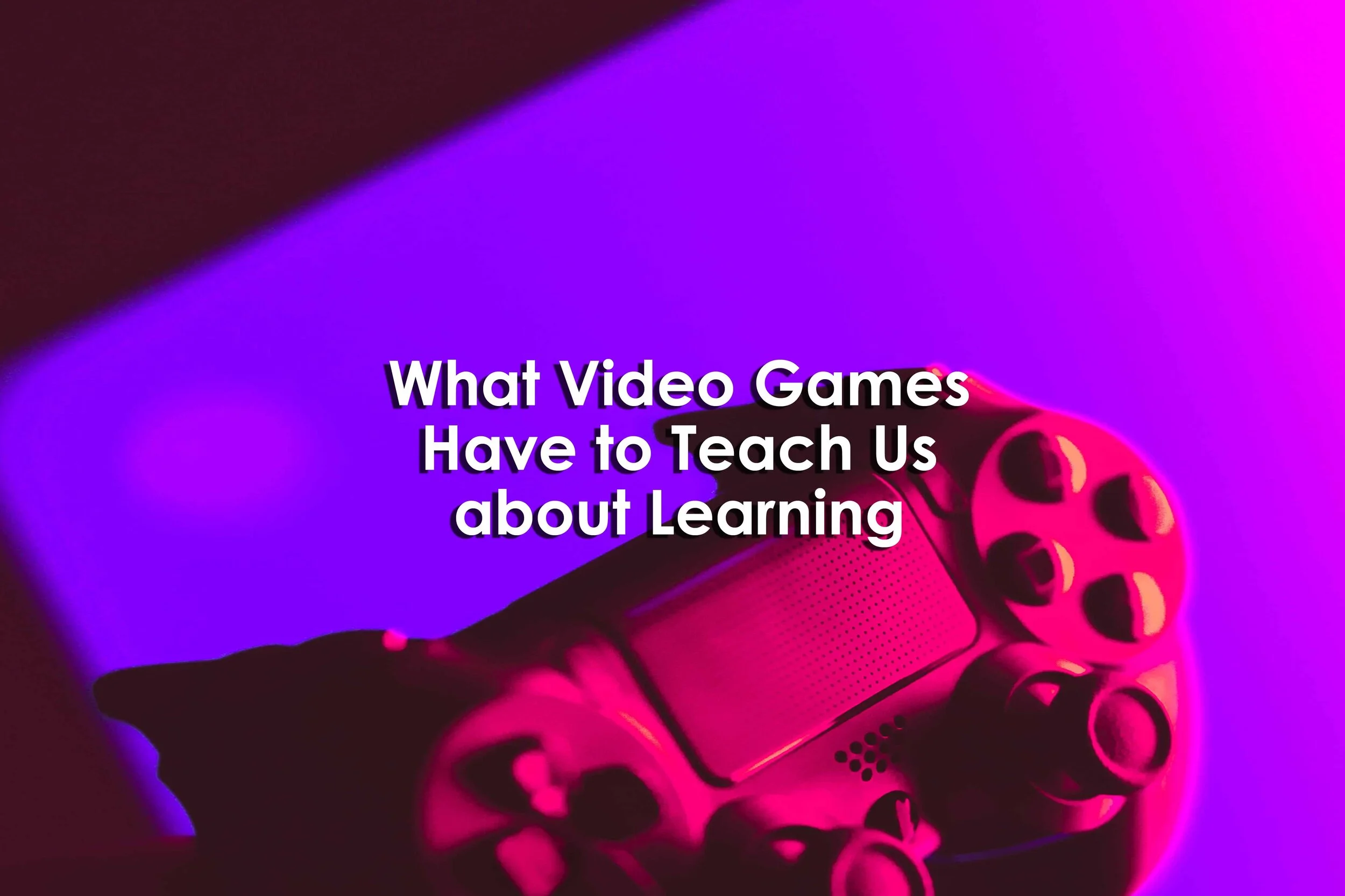What Video Games Have to Teach Us about Learning
What Video Games Have to Teach Us about Learning
What Video Games Have to Teach Us about Learning
By Erik Agudelo
January 18, 2021
Summary
Good computer games, well-designed computer games, are learning games.
These games constantly collect data about the game session and the player.
When I read this in the book What Video Games Have to Teach Us About Learning and Literacy by James Gee, I must have had an expression on my face similar to all the characters in the books written by Sir Arthur Conan Doyle when Sherlock explains how he solved a crime 'it just makes sense' I thought.
In both cases, to solve those complex fictional crimes that took place in England between 1880 and 1914, and to understand that "All well-designed games are learning games" requires first that we are aware of the existence of the many parts that make up the systems.
If we assume that "Well-designed games as learning games" is itself a system, its constituent parts can roughly be listed as: a) games; b) how people learn; and c) how the education system works.
Instead of simply playing games, I designed a learning solution that allowed students to create their own games.
When I said 'one step sideways' what I mean is that the games the students create are tabletop games.
In this experiment the students of The University of Economics Krakow were instructed and coached on the creation of games that would help to teach learning outcomes related to organisational behaviour.
Games in education afford learners the opportunity to learn about the many parts that make up complex system.
He's a Venezuelan/Irish citizen, and is currently collaborating with the University of Economics Krakow and Trinity College Dublin to further his research on the use of games in learning and development.
Reference
Agudelo, E. (2021, January 13). What video games have to teach us about learning. Retrieved March 09, 2021, from https://www.ludogogy.co.uk/article/what-video-games-have-to-teach-us-about-learning/


